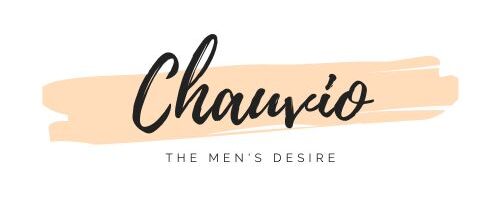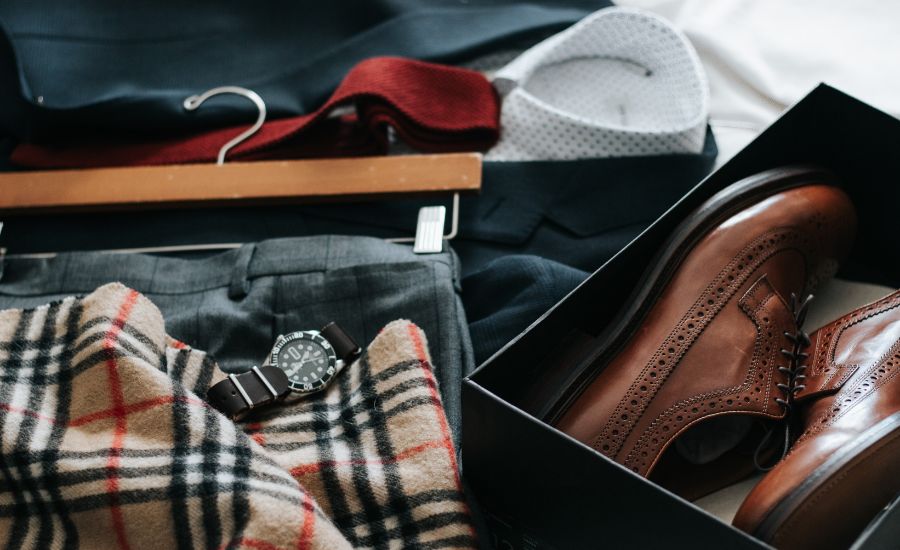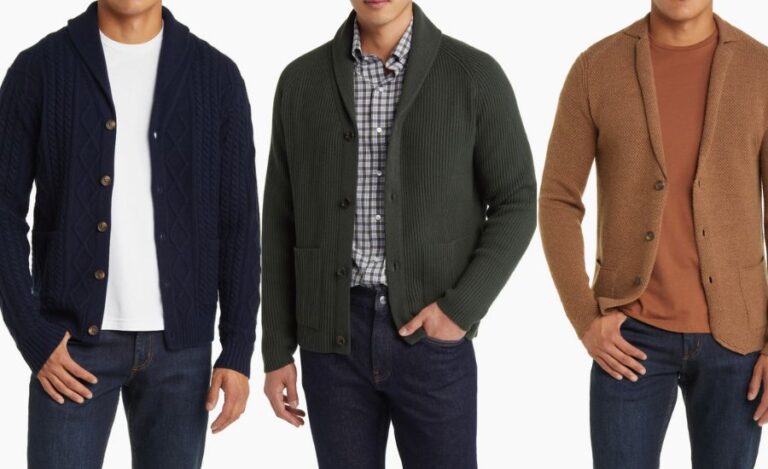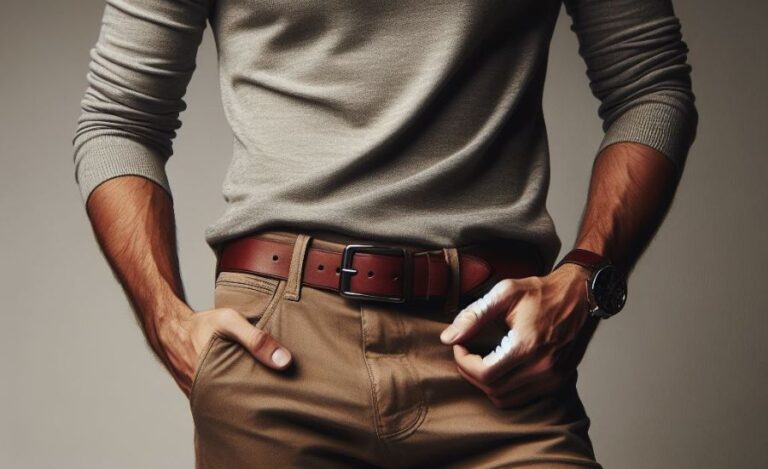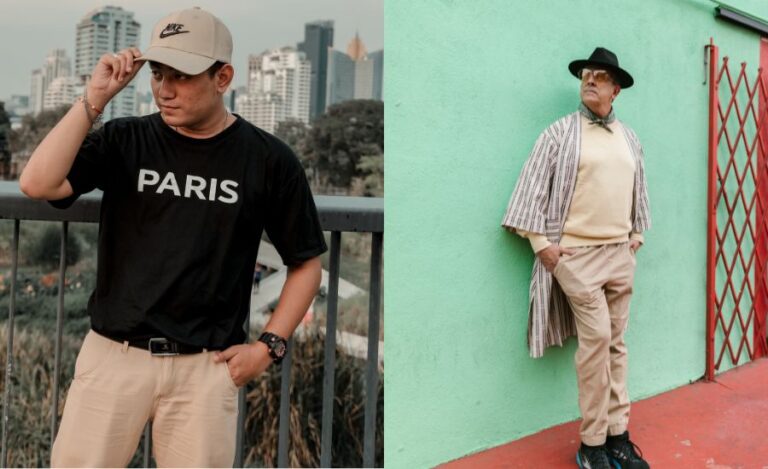What Is The Difference Between Formal And Informal Wear?
Let’s be honest. We have always stumble upon a situation where we get confused between the difference between formal and informal wear.
If not you then I am one of them who feel like “What the hell is even that?“.
But with time and shift in my professional life from desk job to fashion industry, I have learnt a lot about the formal and informal wear. Thanks to my colleagues and some amazing styling expert.
So, Today I thought why not to share my understanding as well as the industry definition of “formal and informal wear” and what makes them worth the investment to put into your outfit collection.
Also Read: How To Manifest Closet Full Of New Clothes?
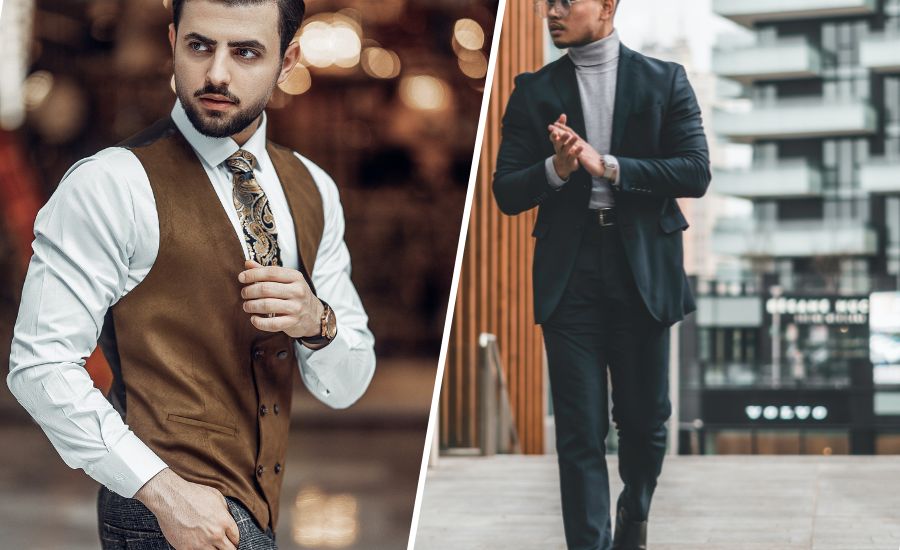
What Is Formal Wear?
Formal wear refers to a particular dress code or attire which is more refined than casual or business attire and are typically worn on formal occasion or events such as weddings, galas, ceremonies or formal business functions.
You can see formal wear in dark shades such as navy blue, black and charcoal grey and it also includes a well-tailored suit, dress shirt, dress shoes and a tie. Additionally, a white or light color shirt works amazingly well with a tie and complement your overall personality.
What Is Informal Wear?
Informal Wear also called as casual wear are more relaxed, comfortable and suitable outfits ideal for informal occasions including trips, shopping, everyday activities or meeting college friends. It is totally opposite of what I have explained you about formal wear.
It also includes a variety of clothing options such as jeans, chinos, khakis, shorts, t-shirts, sweater, hoodies and jackets. You can also add some footwear options such as sneakers, loafers, boat shoes or any sandals depending on the occasions and personal preference.
You May Also Like
What Is The Difference Between Formal And Informal Wear?
Formal and informal wear are very different even if you feel it exactly sound the same thing.
This is how I used to get confused almost five years back but the dress code of both sides may vary in terms of style, occasions and level of formality.
I have picked four different options in order to explain you the importance of each section and how they influence your dressing style.

1. Occasion
The primary factor that sets formal wear apart is the nature of the occasion.
Formal wear is typically reserved for special events that require a higher level of elegance, sophistication, and adherence to traditional style conventions.
These occasions may include weddings, galas, ceremonies, balls, black-tie events, or formal business functions.
On the other hand, informal wear is suitable for more casual and relaxed settings, such as social gatherings, casual outings, or everyday activities.
2. Level of formality
Formal wear is characterized by its high level of formality and strict adherence to established dress codes. It often follows specific rules and guidelines regarding color, fabric, cut, and accessories.
Formal attire exudes a sense of seriousness, dignity, and respect for the occasion.
In contrast, informal wear allows for more personal expression and comfort. It is typically relaxed, comfortable, and less rigid in terms of style rules.
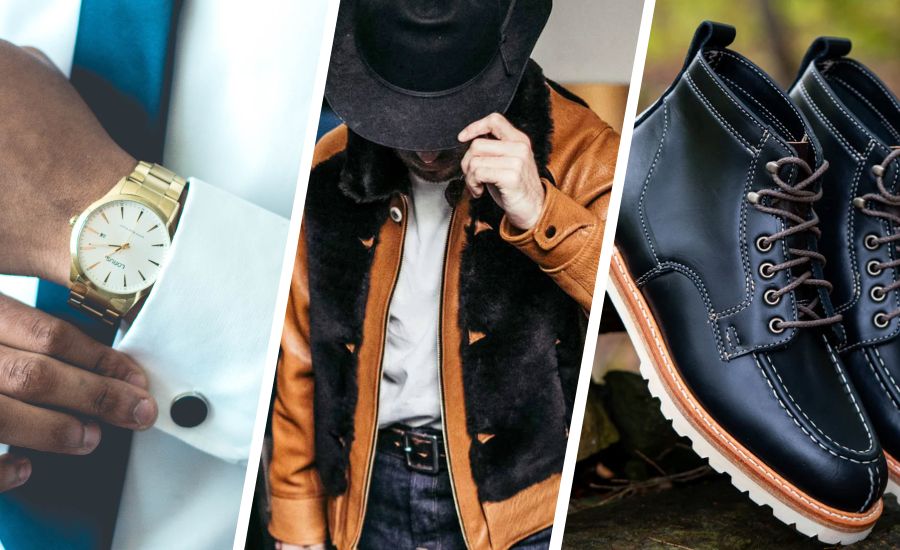
3. Dress code
In formal wear, men typically wear a well-tailored suit, which consists of a jacket and trousers made from high-quality fabric. The suit is usually dark-colored, such as black, navy blue, or charcoal gray.
The dress shirt is typically white or a light color, and a tie is a common accessory. Men also wear dress shoes, often polished and matching the color of the suit.
In contrast, informal wear for men can include items like jeans, chinos, khakis, shorts, t-shirts, polo shirts, sweaters, and jackets. Footwear options are more relaxed, such as sneakers, loafers, boat shoes, or sandals.
Formal wear for women encompasses various options, including evening gowns, cocktail dresses, or formal pantsuits. These outfits are often made from luxurious fabrics, feature elegant cuts, and may include embellishments.
Women can accessorize with jewelry, handbags, and dress shoes or heels. In informal wear, women have more flexibility in their choices. They can opt for jeans, skirts, shorts, dresses, t-shirts, blouses, sweaters, and jackets. Footwear options are more casual, ranging from sneakers and flats to sandals and boots.
4. Stylistic details
Formal wear generally adheres to classic and timeless styles. It emphasizes clean lines, tailored fits, and modest designs. Accessories are often conservative and minimal, such as cufflinks for men or elegant jewelry for women.
Informal wear allows for a wider range of styles and trends. It embraces more relaxed silhouettes, casual patterns, and playful designs. Accessories can be more expressive, and individuals have the freedom to incorporate personal touches into their outfits.
Also Read: How To Become A Model With No Money?
Are Formal Wear Good For Work?
Yes, formal wear can be suitable for work if your workplace has a traditional or formal dress code. For instance, formal wear can be your best friend if you are into the Real-Estate industry.
If you want to impress at your next real estate meeting, check out my article on “How To Dress Like A Real Estate Agent!” It’s all about looking sharp and making a great impression.
Are Formal Wear Good For Weeding?
Yes, formal wear is often expected for weddings, especially for evening or black-tie events. Formal attire such as suits for men and elegant dresses or gowns for women are typically appropriate.
Are Formal Wear Good For Hot Weather?
No, formal wear is generally not ideal for hot weather. Formal attire is typically designed with heavier fabrics and more layers, which can be uncomfortable and impractical in hot and humid conditions.
Are Informal Wear Good For Church?
Yes, informal wear can be suitable for attending church, depending on the specific church’s dress code and cultural expectations. Many churches have relaxed their dress codes in recent years, allowing for more casual attire.
Can I Wear Informal Clothes For Court?
No, In most cases, wearing informal clothes for court is not recommended. Courts generally have a formal dress code to maintain a sense of decorum and respect for the judicial process.
The expectation is that individuals attending court proceedings should dress in a manner that reflects the seriousness and professionalism of the legal environment.
Can I Wear Informal Clothes For Business?
Yes and No. Wearing informal clothes for business depends on the specific business environment and the expectations of the company or industry.
In general, I would go for professional dress code and adhere to a more formal wear for a business meeting or even at lunch until and unless there is a change of dress code
Also Read: Why are Khakis more expensive than Jeans?
Final Words
Finally, the distinction between formal and informal wear gives you a brief understanding about what are these wears and when you should prefer wearing them.
Additionally, I would also recommend you to look after your taste and preference because there are situation where you just buy clothes which you barely wear. So, while buying your formal wear, identify your minimum requirement, comfort and the occasion where that style or color will be suitable.
As for informal wear, they are versatile fashion wear that can work perfectly well in all sort of occasion, family gathering, meeting, lunch or parties but don’t forget to check the dress code.
I hope I have managed to give you some great information about formal and informal wear that can be helpful in your next shopping adventure.
Till Then Bye and Have a Great Day!!
